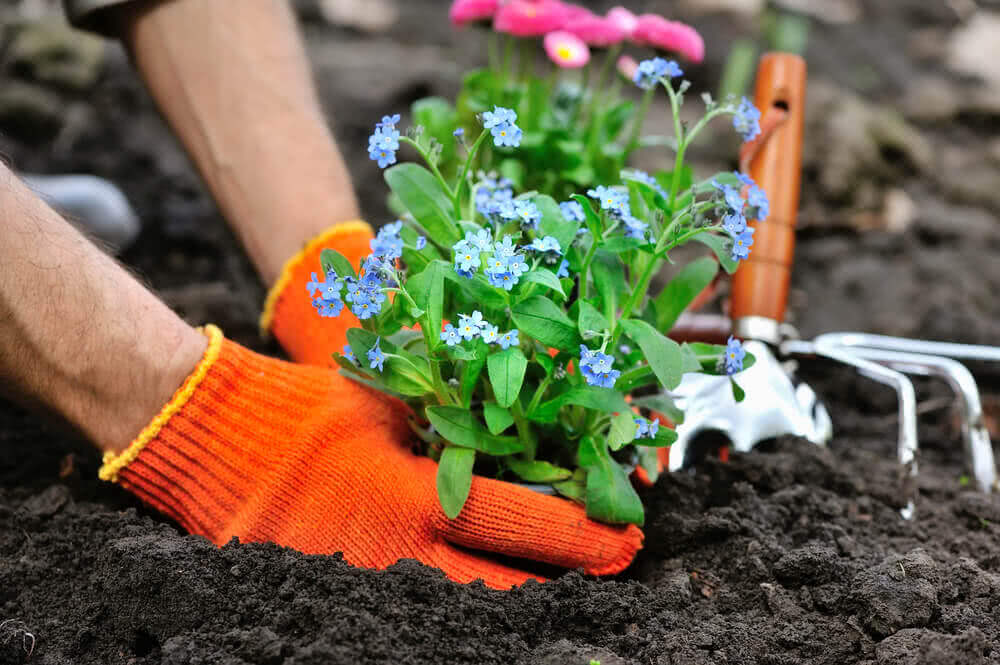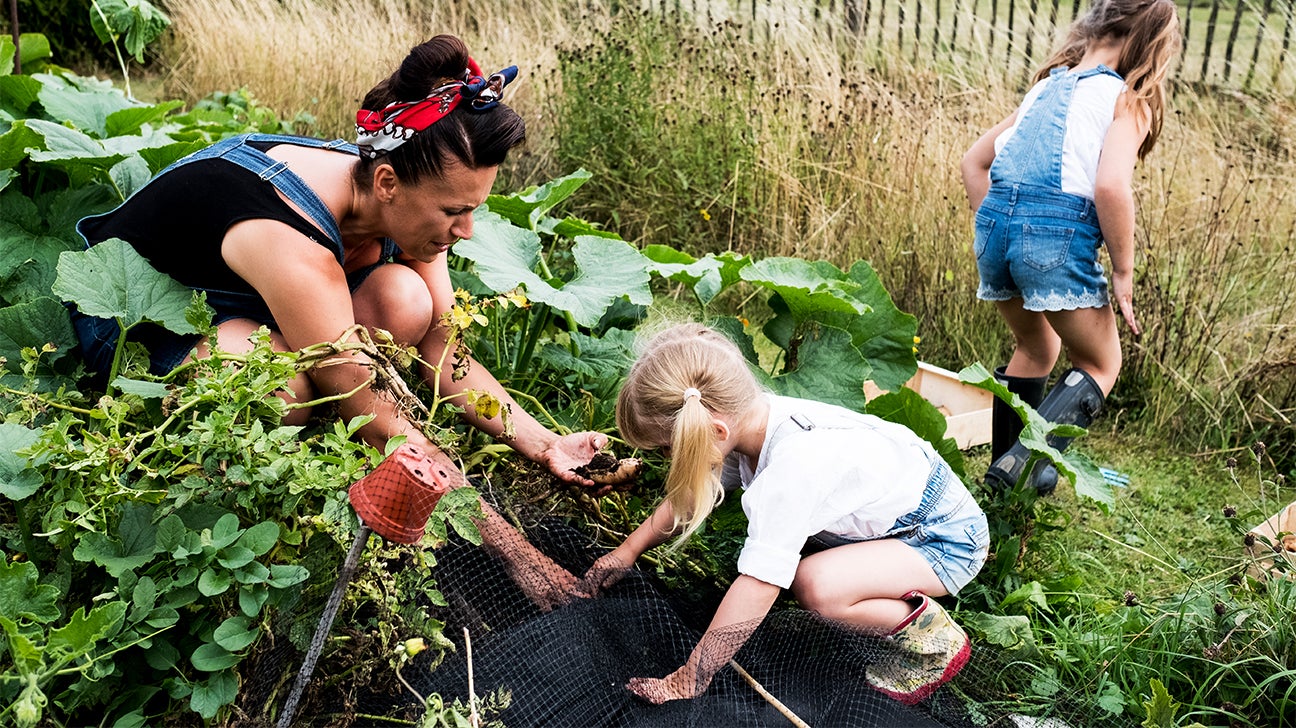How to Begin an Effective Gardening Job in Your Yard
How to Begin an Effective Gardening Job in Your Yard
Blog Article
Opening the Perks of Gardening: An In-depth Look at the Different Kinds and Their Influence On Well-Being
Checking out the complex advantages of horticulture reveals a range of techniques that substantially improve individual wellness. From vegetable and natural herb gardens to container and elevated bed configurations, each type offers distinctive advantages that extend past mere farming. These activities not only foster physical health through active involvement however additionally add to mental health by minimizing stress and encouraging mindfulness. As we analyze these diverse horticulture methods, it ends up being evident that their impact can reverberate on personal, social, and ecological degrees, prompting a better look at just how these connections develop a cohesive narrative of alternative health.
Sorts Of Horticulture

Flower gardening, one more popular group, highlights the visual charm of grown flowers. This type can enhance landscapes and advertise biodiversity by attracting useful pollinators. Likewise, herb gardening entails expanding aromatic and culinary plants, adding both to food preparation and natural remedies.
Container gardening deals versatility, enabling individuals with minimal space to involve in gardening by utilizing pots and planters. This method is especially prominent in urban setups. Raised bed horticulture, on the other hand, entails producing elevated stories that improve soil water drainage and ease of access, making it much easier for garden enthusiasts to manage their plants.
Last but not least, area horticulture promotes cooperation amongst people in common spaces, advertising social interaction and cumulative responsibility. Each type of gardening serves unique functions and deals with different choices, making horticulture a functional activity that can be tailored to individual requirements and atmospheres.
Mental Health Advantages
Engaging in different kinds of gardening not just produces concrete benefits such as fresh fruit and vegetables and gorgeous flowers but also provides considerable mental health and wellness benefits. Research study indicates that horticulture can be an effective device for lowering stress and anxiety, anxiousness, and clinical depression. The act of having a tendency to plants and cultivating a yard promotes a feeling of objective and achievement, which can improve total emotional well-being.
Furthermore, gardening motivates mindfulness, as it calls for individuals to concentrate on today moment, whether it be growing seeds or supporting development. This mindfulness practice can lead to decreased rumination and enhanced state of mind stability. The direct exposure to native environments during horticulture has also been connected to boosted cognitive operating and reduced feelings of fatigue.
Social communication plays an important duty in mental health and wellness, and community horticulture efforts give possibilities for individuals to attach with others, fostering a sense of belonging. The shared experience of gardening can grow friendships and assistance networks, further strengthening psychological resilience.
Physical Health Benefits
Several people might not recognize that horticulture likewise supplies significant physical health and wellness advantages. Taking part in horticulture activities needs a series of physical motions, including flexing, lifting, digging, and growing, which collectively add to enhanced strength, versatility, and endurance. These activities can improve cardio wellness by advertising a raised heart price, consequently lowering the risk of cardiovascular disease.
In addition, horticulture can act as a moderate-intensity workout, helping individuals accomplish advised physical task degrees. Researches show that normal involvement in gardening can burn substantial calories-- approximately 200-400 calories per hour, depending on the intensity of the jobs done. Such calorie expenditure is beneficial for weight monitoring and total metabolic health.
Additionally, exposure to sunlight during horticulture can promote the synthesis of vitamin D, which plays an essential function in keeping bone health and supporting immune feature. Furthermore, the act of horticulture commonly involves collaborating with dirt, which has actually been linked to potential psychological and physical wellness advantages due to the presence of beneficial bacteria. Gardening.
Social Connections Through Gardening
The common facets of gardening foster purposeful social connections amongst individuals. Community yards, in specific, function as dynamic hubs where individuals from diverse backgrounds collaborated, growing not only plants however likewise partnerships. These shared rooms motivate partnership, allowing individuals to trade knowledge, abilities, and sources, thus boosting their gardening experience and cultivating a feeling of belonging.
Involvement in horticulture tasks frequently results in the formation of friendships link and assistance networks. Individuals often unify for common objectives, such as growing seasons, harvest events, or instructional workshops, which reinforce interpersonal connections and produce a feeling of area. Such interactions can minimize sensations of seclusion and enhance mental wellness, as individuals find companionship and sociability in common undertakings.

Ecological Influence of Gardening
Gardening substantially adds to ecological sustainability in several means. Home gardens give vital habitats for different varieties, consisting of pollinators such as bees and butterflies, which are necessary for community health.

Additionally, yards play an important duty in water conservation. Tactical landscapes, including native plants and xeriscaping, reduce water use and stop overflow, thereby shielding neighborhood waterways from air pollution.
Conclusion

Finally, gardening works as a multifaceted activity that enhances health throughout different domain names. The varied kinds of horticulture-- consisting of veggie, blossom, herb, container, and raised bed-- add to psychological and physical health, foster social connections, and advertise ecological sustainability. By participating in gardening useful link techniques, individuals can experience better high quality of life while also sustaining area bonds and environmental wellness. Eventually, the alternative benefits of gardening highlight its value as a crucial element in boosting total well-being.
Report this page